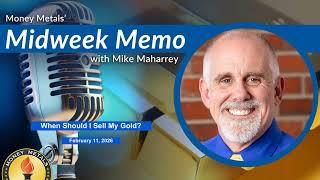| Explore the virtual world set to open up in 2016 – from health care to shopping, VR is about to move beyond entertainment and become a serious business.
Click here to subscribe to The Economist on YouTube: http://econ.st/2F8I0jB By the end of 2016 there’ll be nearly 8 billion mobile phone connections on our planet. One in four of the world’s population will be on a smartphone but in 2016 attention will start to turn to a new technology – virtual reality. The world’s leading technology companies will be battling for their share of the virtual reality market. It’s projected these products will generate 3.8 billion dollars in revenue over the year. Once the head-mounted set goes on, gamers are transported into a virtual digital world. Virtual reality has been around for thirty years but the technology has consistently flopped. Even smartphones with their high-resolution displays and powerful processors are being transformed into VR devices. From immersive movies and virtual shopping to architecture and journalism, VR is about to cross over from the tech geeks to the mainstream. In 2016 it’ll even be used in medicine. In Los Angeles this is virtual reality healthcare. Adopted early by the military this technology is now helping people with autistic conditions improve social skills by simulating everyday scenarios. In 2016, more psychologists will be using virtual reality to treat phobias. Putting those with a fear of driving at the virtual steering wheel and helping vertigo sufferers to confront their greatest anxieties head-on. Anxiety disorders affects 7% of people worldwide – some like Chris Merkel suffer with post-traumatic stress. A former US Marine, he spent two years in Iraq and a further three in Afghanistan. His distinguished military career has come at a cost. These horrors of war have not just impacted on Chris but on his wife and two boys. Conventional psychotherapy techniques were having limited success so Chris started virtual reality exposure therapy at a research lab at the University of Southern California. Pioneering psychologist skip Rizzo believes this technology can be used as a tool to help patients access traumatic memories. This virtual war zone has been designed to mimic a specific event during one of Chris’s tours of Iraq. It might look like a computer game but the immersive experience is able to trigger memories that are all too real. By helping patients to process and cope with these traumas the technology can be an effective tool in their treatment. Daily Watch: mind-stretching short films throughout the working week. For more from Economist Films visit: http://econ.st/2F6DWQL |
Tags:







































